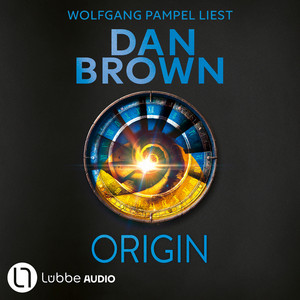The Impact of Dan Brown on Modern Literature

Introduction
Dan Brown, an American author, has become a significant figure in contemporary literature, known for his thrillers that blend history, art, and cryptography. His most celebrated works, including ‘The Da Vinci Code,’ have not only topped bestselling lists globally but have also sparked discussions around historical and religious themes. This article delves into Brown’s literary journey, the themes he explores, and his ongoing influence in the literary world.
Brown’s Literary Journey
Born on June 22, 1964, in Exeter, New Hampshire, Dan Brown grew up in an environment that fostered creativity and a love for learning. He studied English at Amherst College and later pursued a career in music before turning to writing. His first novel, ‘Digital Fortress,’ was published in 1998, but it was the 2003 publication of ‘The Da Vinci Code’ that skyrocketed him to fame. The book, which blends fiction with historical facts, explores the secretive world of religious symbolism and has sold over 80 million copies worldwide.
Themes and Influence
Brown’s novels often feature a common structure: a protagonist who races against time to solve puzzles and uncover secrets, often related to religious or historical contexts. This formula has resonated with readers, making his books both entertaining and thought-provoking. One of his recurring characters, symbologist Robert Langdon, has become iconic, bridging the gap between fiction and academia.
Brown’s work has also influenced several adaptations, with ‘The Da Vinci Code’ and its sequels being turned into blockbuster films. These adaptations have further entrenched Brown’s influence within popular culture, prompting renewed interest in historical mysteries and art history. However, his works have not been without controversy; debates regarding historical inaccuracies and religious interpretations often accompany discussions about his books.
Recent Developments
In 2023, Dan Brown released his latest novel, ‘Wild Symphony,’ which combines storytelling with a musical journey aimed at introducing children to classical music. This venture showcases Brown’s versatility as an author and his dedication to reaching new audiences. Furthermore, it highlights his belief in the power of storytelling beyond conventional genres.
Conclusion
Dan Brown’s impact on literature is profound, as he has reinvigorated the thriller genre and engaged a wider audience in discussions on art, history, and religion. As he continues to publish new works and explore different forms, readers can anticipate that his contributions to literature and culture will remain significant. Whether one is a fan or critic, Brown’s ability to provoke thought and captivate readers remains undeniable in today’s literary landscape.









